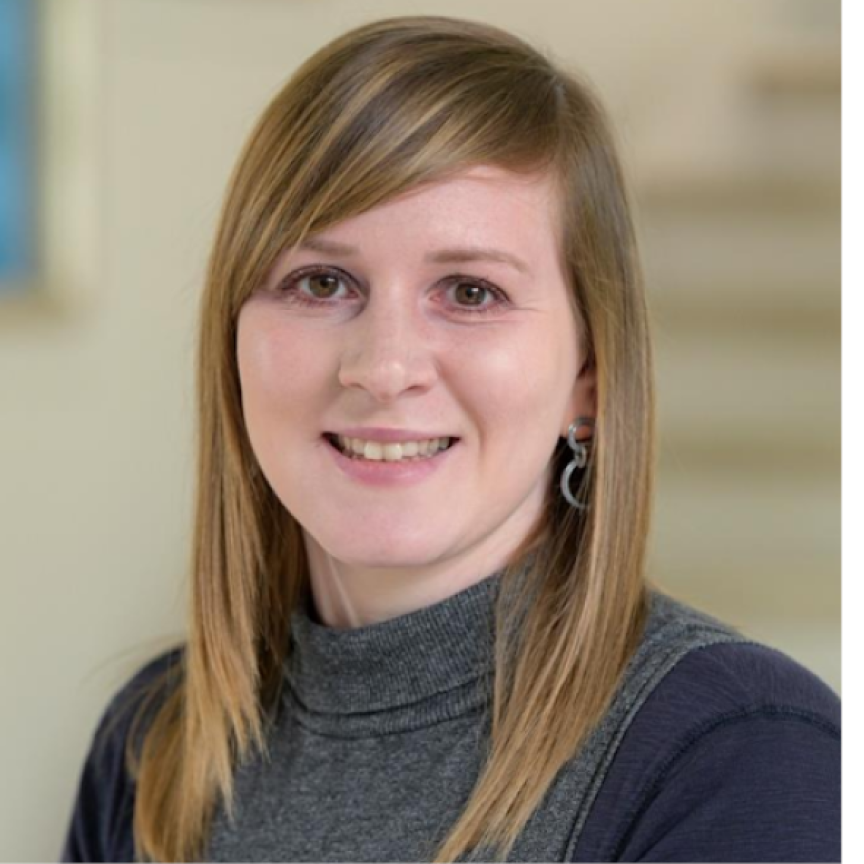Experts in computer technology at the University of Surrey are joining forces with international colleagues to gain inspiration from plants and animals.
Living organisms have an innate ability to adjust to new situations, make complex decisions, and even to heal themselves when damaged. By contrast, man-made technological systems struggle to cope with the unexpected.
An example of 'clever' biology is multicellular organisation. The millions of cells, which make up an early embryo, can communicate only with their neighbours, and yet they are each capable of making the right decisions so that together they collaborate to build organs and whole bodies. Understanding how they achieve this will not only benefit biomedical research, but could also help us to build more intelligent technology.
Professor Yaochu Jin, at University of Surrey, is leading the Nature Inspired Computing and Engineering (NICE) research group, with an objective of developing computational models and algorithms inspired from natural intelligence found in physical, chemical, social and biological systems, and to solve practical problems arising from various engineering fields related to health, security, energy and environment.
He said: 'Morphogenetic swarm robotics uses genetic and cellular mechanisms governing biological morphogenesis for self-organising swarm robots. It is a fascinating interdisciplinary new research area and this project provides a unique opportunity for promoting morphogenetic robotics.'
The project, called SWAM-ORGAN, tries to understand complex living systems such as cells making an organ, or the spatially-controlled growing of a plant, and to apply these principles to technological systems, in particular more intelligent and adaptable robot swarms – which are groups of computers working together to achieve goals more effectively.
The initiative has a £2 million budget, is funded by the European Commission and will be performed by researchers in Spain, United Kingdom and the Netherlands.

